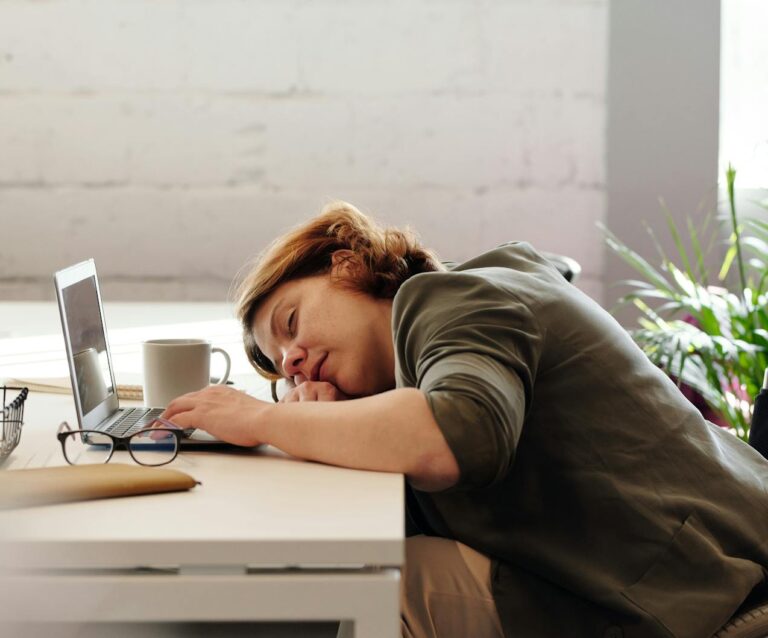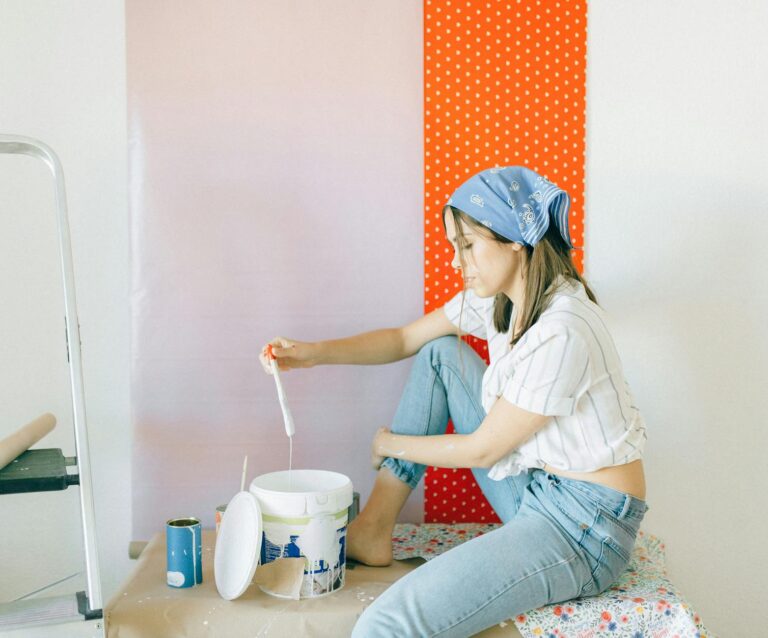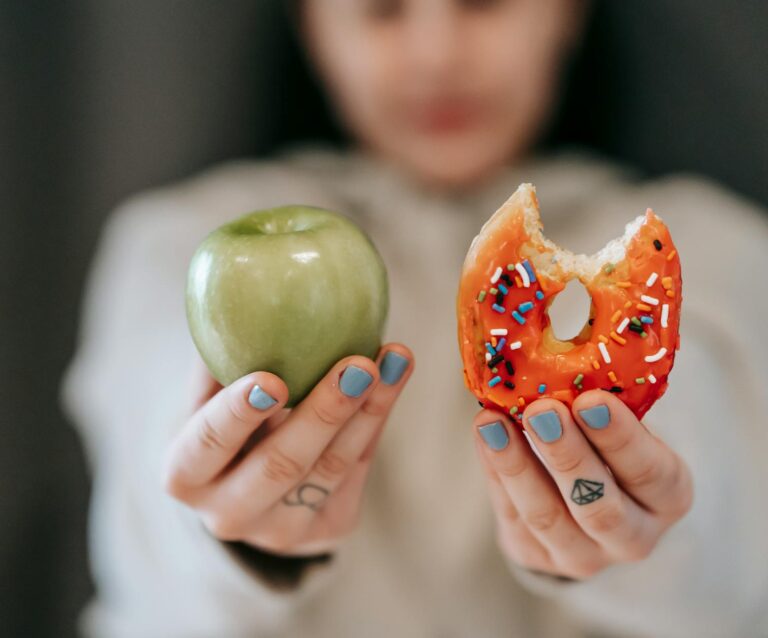If there’s one household expense that is guaranteed to annoy committed budgeters, it’s the expense of cleaning products. Even if you stock up on the most basic of cleaning items, you’re still going to be spending £10-20 per month, just to keep your home in a livable condition. That’s an expense on something that, for most of us, is nothing but a time-consuming chore we’d rather didn’t have to be done at all.
However, there is an alternative. If you don’t want to spend a small fortune on cleaning products, then you can make the switch to using products that might not seem like they have a huge amount of cleaning power, but actually can be pressed into service for a number of tasks. Below are the ten products you’re going to want to stock up on, as well as a few ideas for how they can be used to produce the sparkling home you want– but without the expense.

Contents
#1 – Bicarbonate of soda
Bicarbonate of soda – most commonly known as “bicarb” is your absolute best friend when it comes to cleaning on a budget. It’s cheap, easy to use, and offers a variety of different benefits to your home.
- Bicarb is an excellent upholstery and furnishings deodoriser. You can sprinkle bicarb onto a soft furnishing, rub it in, leave for half an hour, and then vacuum away. Of course, if your soft furnishings or mattress are in bad repair, this will be more difficult, and you might need to take a trip to a bed store or www.mattress-guides.net/ for a replacement if things are in a really bad condition. However, for a spruce up and improvement, bicarb will make a huge difference to your existing furnishings.
- Bicarb is an excellent abrasive, which makes it a wonderful scouring agent. Use a little bicarb on a cloth to remove stains from cookware and kitchen surfaces.
- Bicarb can also be used as a spray or air freshener to help deodorise and provide a period of freshness; there’s an excellent recipe to make your own in the video below:
Cost – Bicarbonate of soda is incredibly inexpensive, which means you can use as much as you like without having to worry about the impact on your budget. Supermarkets do sell bicarb for around £6.75/kilogram, but this price can easily be beaten. Online stores sell bulk amounts for half that, and it’s also worth checking to see if you have an Asian supermarket near you. Bicarb is a staple of Asian cooking, so it’s often sold for incredibly low prices if you’re willing to buy in bulk.
#2 – White vinegar
White vinegar is beloved of homemade cleaning fans thanks to its low cost and number of uses. Online, you will likely find many recipes for white vinegar cleaning sprays, but the truth is you don’t need them. White vinegar works perfectly well by itself; a 50:50 dilution with normal water can replace most cleaning sprays without the need for following complex recipes. Here are a few uses to keep in mind:
- White vinegar works extremely well for cleaning glass; the acidity cuts through the grease and ensures a clean, clear finish every time.
- White vinegar is an efficient method of germ control, so use it in the bathroom and kitchen when you want to sterilise surfaces.
- You can also remove light rust (such as the rust that is found on kitchen implements like scissors). While white vinegar won’t make a huge impact on very impacted rust on items that have been exposed to the elements, it is more than capable of cutting through light oxidisation that can develop on kitchen tools. You’ll want to use neat vinegar for this; soak the item for 30 minutes, and then the rust should rub away with a damp cloth.
Cost – The cost of white vinegar varies. Supermarkets will usually sell small bottles for around 37p/100ml, but you can make substantial savings if you buy online via eBay sellers.

#3 – Castile soap
Castile soap is a very simple product with a powerful cleaning ability. The beauty of castile soap is found in that simplicity; it’s primarily made using just olive oil and lye. This means it can be used for a variety of purposes:
- Use castile soap to clean the soap scum off of your shower/bath and surrounding areas. It may sound odd to use soap to clean soap, but it really works– just make sure you rinse the area down to guarantee you don’t create more scum with the castile soap residue!
- Castile soap is incredibly effective carpet stain remover. Use a mild dilution (around 50:50 is best) and rub into the affected area, before rinsing clean. The soap is mild enough that it shouldn’t cause any damage to your carpet, though it’s always wise to check in an unseen area first just to be sure.
- Use castile soap to create a dusting spray– the stickiness of the soap helps to ensure all particles are collected effectively. Again, you’ll want to use a dilute version of the soap for this purpose: around 20% castile soap to 80% water should be sufficient. Spray onto the surface you need to dust and then wipe clean with a standard yellow duster.
Cost – Buying castile soap can be tricky, as many manufacturers will add extras to the basic concoction. It’s vital that you very carefully check the warning label of any castile soap that you use to enjoy it has only the simple ingredients, rather than additional extras such as essential oils. Your best bet is usually to buy online, where you can bulk purchase the soap for around £8/kilogram.
If you can only find castile soap in bar form, then you can turn it into liquid yourself using this handy trick:
#4 – Rubbing alcohol
Rubbing alcohol (which is formally known as isopropyl) is a fantastic resource for a cleaner on a budget. The major benefit of rubbing alcohol is how quickly it evaporates, leaving a shiny, germ-free finish behind. Here are a few ways to use it around the home:
- Rubbing alcohol makes for an excellent polish, particularly of metal items. Provided you then rinse the item with water, you can use it neat. If using to polish silverware, you will want to use it at a dilution ratio of around 50:50 with water.
- Rubbing alcohol also makes for an outstanding glass cleaner, and it’s not quite as pungent to use as white vinegar. Use a cloth soaked in rubbing alcohol to tackle window grime and stains, then leave it to dry to an invisible finish. Some people even say that using rubbing alcohol helps to keep windows and windshields free of frost and ice.
- Rubbing alcohol is just about the most effective stain removal tool you can have in your home without spending a fortune on cleaning products. Not only will it remove general everyday stains, but it will even be able to penetrate into the ink of permanent markers. Just be careful when using rubbing alcohol on fabrics– its incredible ability to remove stains could damage the colour-fastness of the item.
Cost – Rubbing alcohol is a very inexpensive cleaning item. You can buy it in supermarkets but, as surely comes as no surprise at this point, you’ll usually save money by buying online– even with the delivery costs factored in, this tends to work out cheaper. You can buy rubbing alcohol from a number of online stores, so take your pick, but don’t pay anything over £8 per litre.
Finally…
A few important points to remember about using the items above to clean your home:
- If you are using any of the above products for the first time, patch test them first. It’s highly unlikely that anything you are cleaning will be damaged with these products, but it’s always better to be safe than sorry!
- The above products will clean your home, but they won’t necessarily be as easy to use as conventional cleaning products. You may need to use more elbow grease, as defined at https://www.quickanddirtytips.com/, than you are used to. However, you can also treat this as something of a workout, so when cleaning your home you’re also working on your fitness!
- The items above are considered to be non-toxic and should thus be safe for the entire family. However, it is generally considered to be good practice to keep any cleaning products — whether they be the items above, or conventional store-bought options — away from children and pets. The chances of experiencing any issues are slim, but again, it’s always better to be safe rather than sorry!
In conclusion
It is possible to replace all conventional store-bought cleaners with the items above. This will save you money, lower your toxin exposure, and still produce the perfectly clean home that you want. Why not give them a try?

Photo Credit: Deposit Photos















No Comments